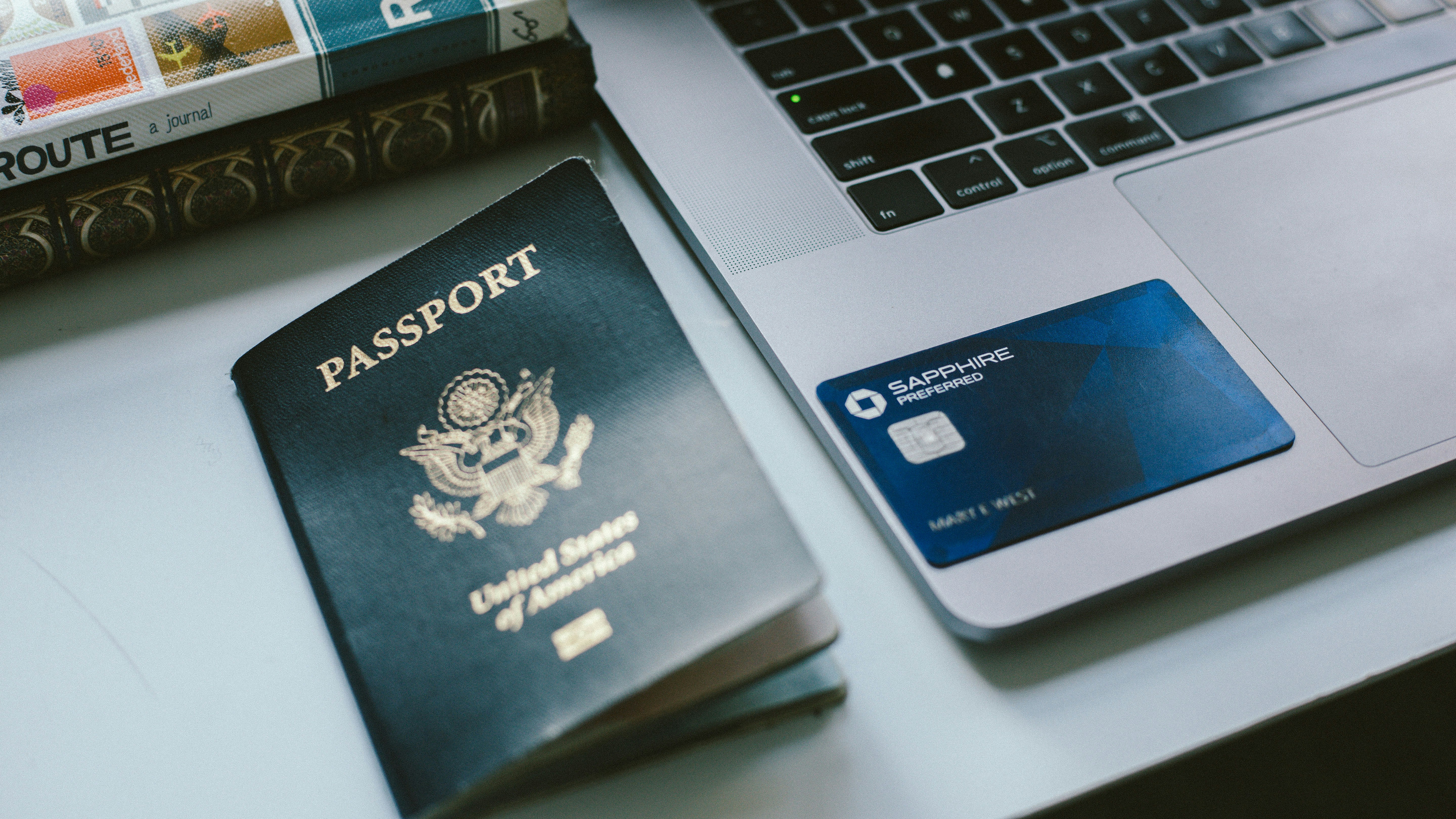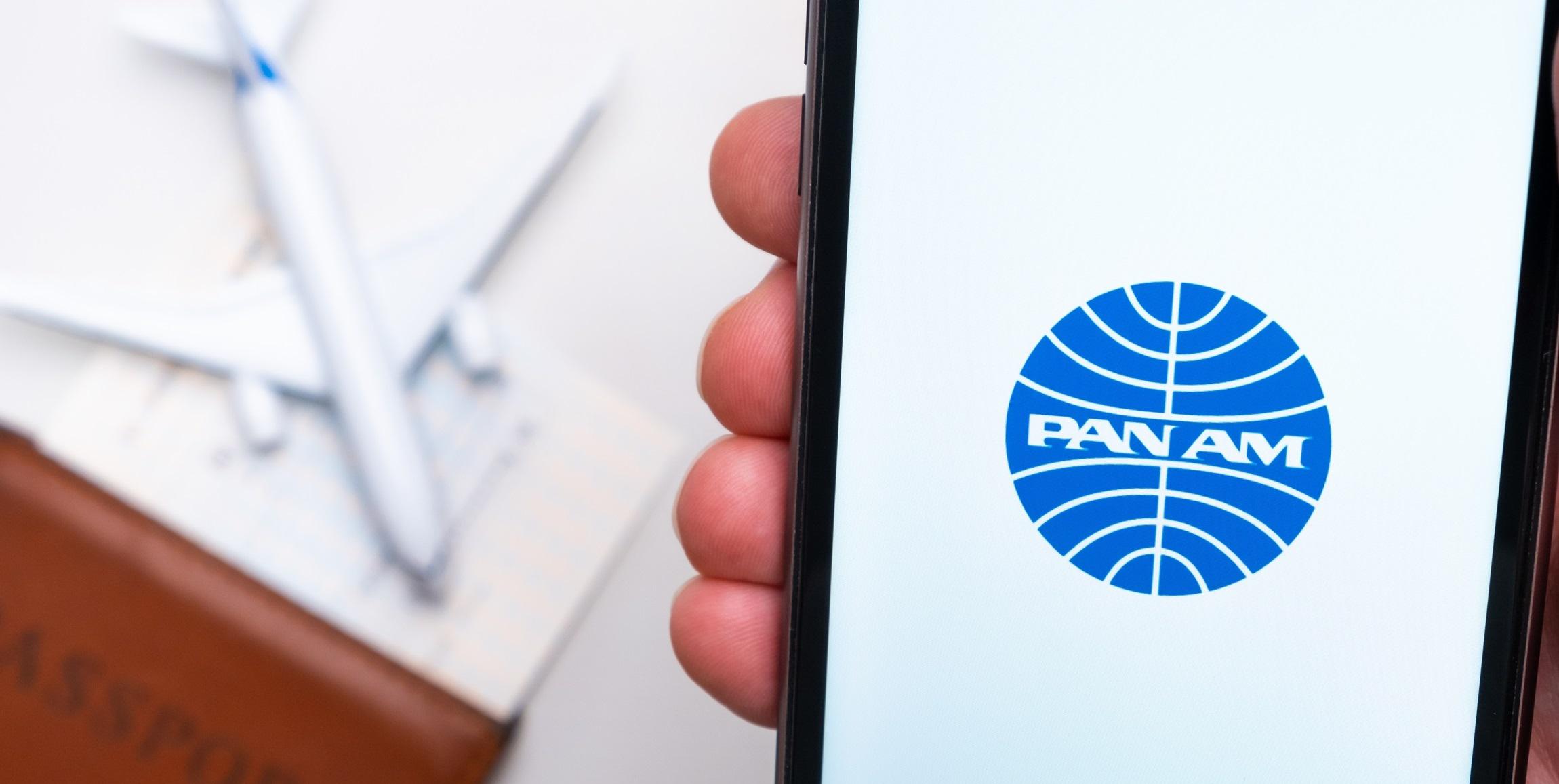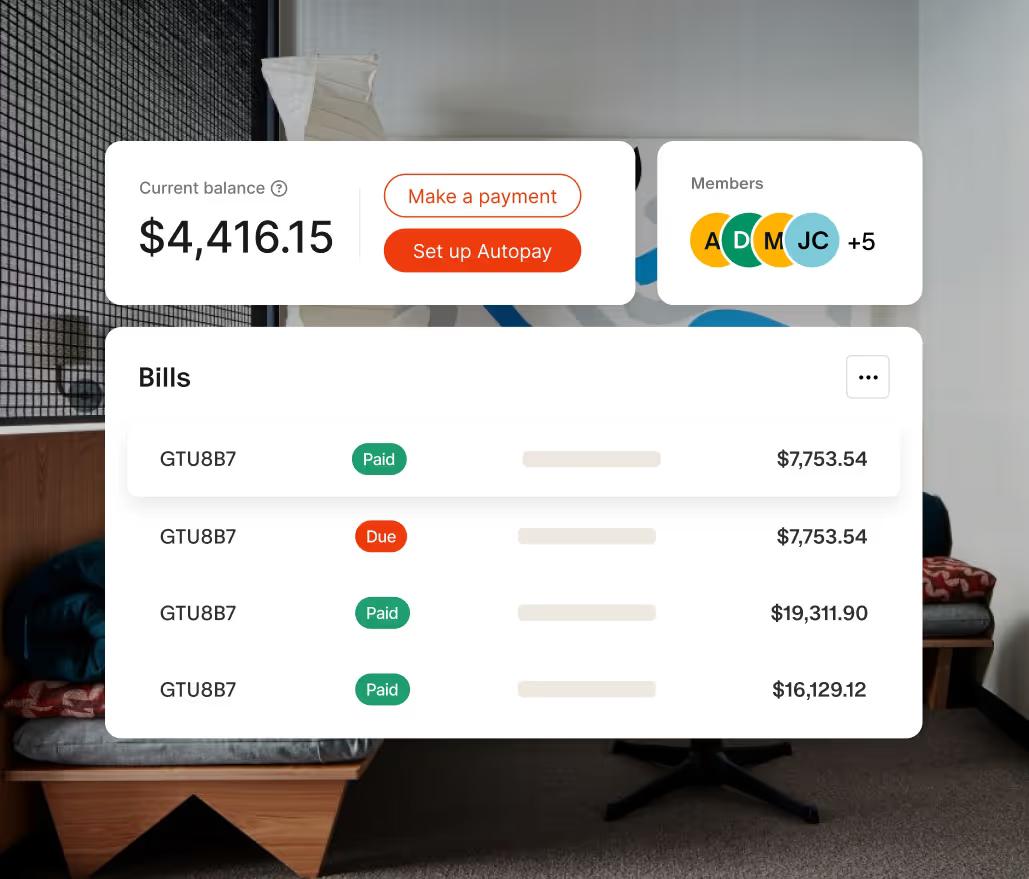Is hotel wi-fi safe? Tips for secure business travel

Accessing a Wi-Fi network from a hotel is a necessary amenity for any business traveler. Thanks to the convenience of an in-room internet connection, travelers can prepare for meetings, check email, and read reports.
But as with any public Wi-Fi system, a hotel’s network is only as secure as the IT protocols they implement. Given its frequency of use and low bar to accessibility, travelers may wonder if all hotel Wi-Fi is safe. Below, we'll cover risks involved with using hotel Wi-Fi and how to browse more safely. Once you understand the potential liabilities, you’ll be able to make an informed decision about whether you should use hotel Wi-Fi.
Are hotel Wi-Fi networks safe?
Studies show that hospitality industry Wi-Fi networks are the second most popular target among hackers, with 54% of properties reporting data breaches. Despite this, only 65% of business travelers are concerned with cybersecurity when on a trip.
That doesn’t mean guests should avoid hotel Wi-Fi entirely, but, as with any public Wi-Fi network, they should be aware of the risks and take steps to ensure their data remains secure.
Risks and threats of using hotel Wi-Fi
Guests should be aware of the following types of cyberattacks in general, but especially when using low-security or unsecured networks. If you’re going to connect to hotel Wi-Fi, consider these threats:
- Ransomware attacks: Ransomware is software that users mistakenly download to their computers. These programs encrypt files, lock them away, and essentially hold the data hostage until the victim pays the hacker a fee to release them.
- Phishing scams: Hackers launch phishing scams by sending victims a seemingly legitimate email containing malicious links or attachments. When clicked, they download unauthorized software capable of eavesdropping on user activity to capture sensitive data such as passwords, banking records, or credit card numbers.
- Encrypted malware: Programmers design malware to avoid detection by antivirus and firewall protections, allowing admittance into computer networks. Hackers then have an open connection to the system and gain access to sensitive, formerly secure data.
- Identity theft: Hackers can monitor online activity, eavesdrop on text or email conversations, and gather enough information to impersonate their victims.
- Stolen credit cards: Business travelers often use corporate credit cards to reserve hotel rooms and purchase flights online. For convenience, they may save the data on their laptops directly, making credit card numbers and passwords vulnerable to hackers.
- Compromised email: Fraudsters may compromise their victim’s business email credentials to scam vendors, coworkers, and employers.
- Hacked accounts: Hackers with access to sensitive data can steal login credentials to critical operational accounts, including social media channels.
- Stalking: In extreme situations, hackers can use sensitive information to stalk victims, risking their safety.
- Damaged reputation: When the loss of sensitive corporate data goes public, the user’s employer could face significant damage to their corporate image and brand loyalty due to the crisis.
Aspects that can make a hotel's Wi-Fi unsafe
Business travelers can safeguard themselves by understanding what vulnerabilities make it more likely to get hacked using hotel Wi-Fi. Before connecting, ask the concierge about the following.
Age of the hotel’s Wi-Fi
The hotel’s Wi-Fi network might have had a top-of-the-line security system three years ago, but given the speed and ingenuity of the hacker community, it’s likely out of date. To remain secure, cybersecurity experts recommend updating the network’s router firmware and Wi-Fi passwords every 3–6 months while replacing the hardware every five years.
Type of encryption algorithm
The most vital part of a hotel’s Wi-Fi network security is its encryption system. Typically, Wi-Fi keeps user information safe by encrypting data using an algorithm. But not all algorithms encrypt equally well. The most secure systems encrypt data using WPA3, the strongest publicly available algorithm. Any other format is significantly more vulnerable to cyberattacks.
Strength of the hotel Wi-Fi password
A secure password is the first line of defense against cyberattacks. However, some properties fail to create strong passwords for their internet connections in an effort to improve accessibility for staff and guests. These passwords are easy to spot because they bear the brand or are synonymous with the hotel in some way.
Also, with staff turnover, it’s almost impossible to know how many people can access the hotel’s network, making unauthorized traffic virtually undetectable.
Network monitoring
With so many users coming and going daily, monitoring network traffic and activities poses a significant challenge. Without robust network monitoring, hackers can easily remain undetected.
How to safely use hotel Wi-Fi: 8 ways
Here are eight methods that business travelers can use to secure their devices against unauthorized access.
1. Install antivirus programs
Travelers should ensure that laptops have robust antivirus protection installed before leaving on their trip. Antivirus solutions prevent encrypted malware from accessing sensitive corporate networks via unsecured internet connections.
2. Access Wi-Fi through a login portal
Book a hotel that provides access to Wi-Fi networks through a login portal that tracks the usernames and passwords of people using the internet connection. Portals provide an extra level of security, making it easier to spot suspicious activity and deterring would-be hackers.
3. Enable firewalls
Before accessing any public Wi-Fi, travelers should enable their laptop firewalls to block access to questionable or sensitive websites. Firewall protection prevents users from inadvertently surfing malicious pages that place either their personal or corporate network and sensitive data at risk.
4. Use a VPN
Using a virtual personal network (VPN) is the best way to reduce the risks of unsecured internet connections. VPNs improve Wi-Fi security by masking the user’s IP address and encrypting their data, making unauthorized access more challenging for hackers.
5. Avoid sensitive transactions
If you’re viewing sensitive data, don’t use an unsecured network to access it. While checking a credit card balance or other banking information while away from home is tempting, travelers should wait to access a secure system before logging into sensitive accounts.
6. Use strong passwords
Create strong (and different) passwords for every work-related account. Strong passwords usually include:
- 12–16 characters
- A mix of lower and uppercase letters
- Numbers or symbols
- No personal information or common words
Using multi-factor authentication also adds another layer of security when on public Wi-Fi hotspots and networks.
7. Log into known Wi-Fi networks
Some hotels have multiple Wi-Fi networks, providing cover for a hacker’s rogue hotspot. Travelers should double-check with the concierge to identify authorized connections dedicated to guests, and report any suspicious activity.
8. Use mobile data
Connecting to a personal hotspot using a mobile data plan protects you from cyberattacks, because you won’t be risking your data on a network with shaky security. Travelers can reduce costs by purchasing an eSIM card to access cheaper local data plans. The security provisions within the eSIM card also offer additional safeguards from unauthorized access.
Travel safely with Engine
Protecting sensitive data from unsecured Wi-Fi networks is only one of the many issues business travelers face every day they’re away from the office.
Engine can relieve some of the stress of corporate travel by providing a secure portal for booking and managing hotel, flight, and car rentals. But we aren’t only concerned about the safety of your data—Engine’s 24/7 live support is ready to spring into action no matter what kind of challenges travelers face.
With Engine, you can fly with confidence. Our customer service professionals have your back no matter where you find yourself.





.jpg)

.jpg)

.jpg)








.avif)



![How to Get the Best Hotel Deals and Rewards [Infographic]](https://cdn.prod.website-files.com/66a41388b1be9ba182f1e80c/66a41388b1be9ba182f1f257_Windsor_Hotel_-_in_winter.avif)




















